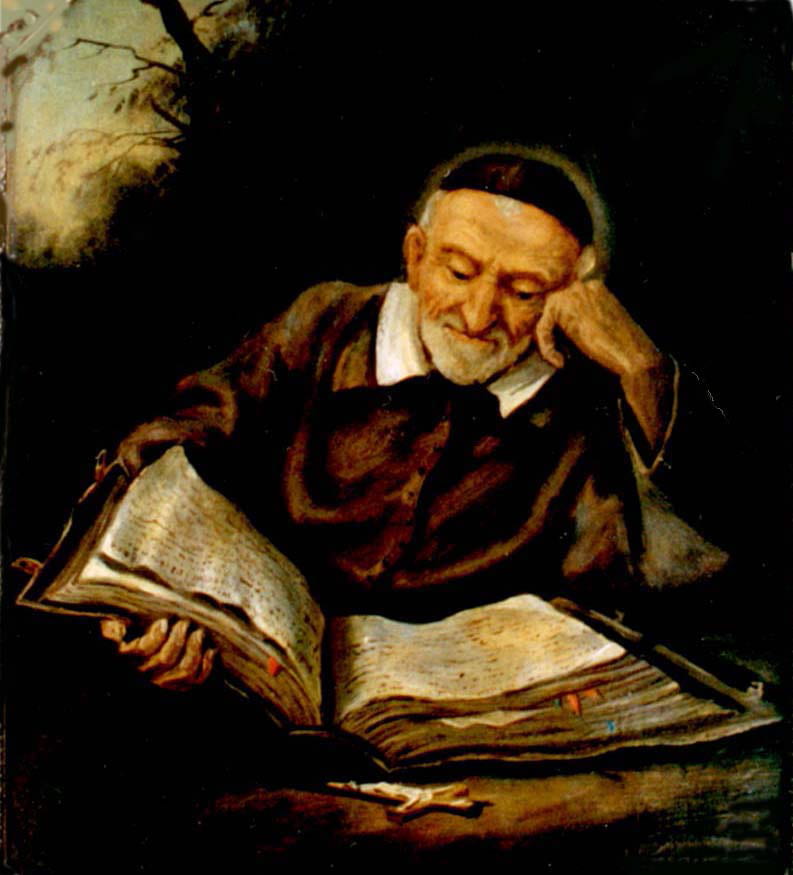Each of you reading this today has a unique identity and place in the world. Indeed, it is humbling to think that no one quite like us has ever existed on this planet, and there will never be another person like you again!
If we want to understand how to take better take care of ourselves and remain spiritually healthy, we need to know how to discern well and how to align our values and behaviors with wise choices that support a balanced life. This will surely involve learning how to listen and to trust the voice deep within, paying attention to the wisdom of the community that supports us, and observing the rhythm of our days.
At first, this may sound like an easy task, but how do we discern well amid the cacophony of dissonant and competing clatter that regulates our waking hours? Maybe Vincentian wisdom can guide us along our discernment path.
Vincent de Paul’s process of discernment had three parts: an openness to God’s will, an evaluation of reasons for or against an action, and a consultation with wise persons.[1]
For Vincent and Louise, it was in the concrete and sometimes messy circumstances of their lives that they so deeply experienced the presence of God. God was very much alive to them in the midst of their relationships, especially with those who existed on the margins of seventeenth-century France. The essence of their approach to relationships involved “living with a listening heart, paying daily attentiveness to God’s presence, and a daily discerning and decisioning.”[2] Such a Vincentian approach has been described by scholar Vie Thorgren as “living with a discerning heart.”[3] This discerning sensibility also involved examining the pros and cons of a situation and deciding on a suitable response or course of action.
Yet, it is important to note that it was often only after events themselves had passed, in an intimate moment of prayer and contemplation, that their meaning became clear. Thus, for Vincent and Louise, carving out quiet, reflective moments was important as it provided opportunities to interpret the events of their lives through the lens of their faith and in dialogue with their lived experience.
Another integral aspect of their discernment process was to seek advice and sound counsel from people whose wisdom they respected. This stemmed from their deep belief and trust in the fact that God mediated God’s will through people.[4] Consequently, while receiving wise counsel, Vincent and Louise would seek to identify the word of God, which would then help guide and inform their decision-making and their quest for right and just action.
So, what might such a discernment process mean for us at DePaul today, when our context is so very different?
As we strive to remain spiritually grounded and holistically healthy, perhaps, it is as simple as merely considering some simple questions: What is the quality of the yeses in your life right now, and are these supporting your professional and personal growth? Are you saying no when you need to? Finally, how, with a listening heart, might you discern the difference?
Reflection by: Siobhan O’Donoghue, Director of Faculty/Staff Engagement, Division of Mission and Ministry
[1] As noted in the abstract to Hugh O’Donnell, C.M., “Vincentian Discernment,” Vincentian Heritage 15:1 (1994). Available at: http://via.library.depaul.edu/vhj/vol15/iss1/2.
[2] O’Donnell, “Vincentian Discernment,” 15.
[3] Ibid.
[4] Ibid., 8.
